How farming has fallen from 'no finer investment' to fighting for its future
Jamie Blackett defends livestock farming on the urban media trail in the wake of 'Veganuary'.
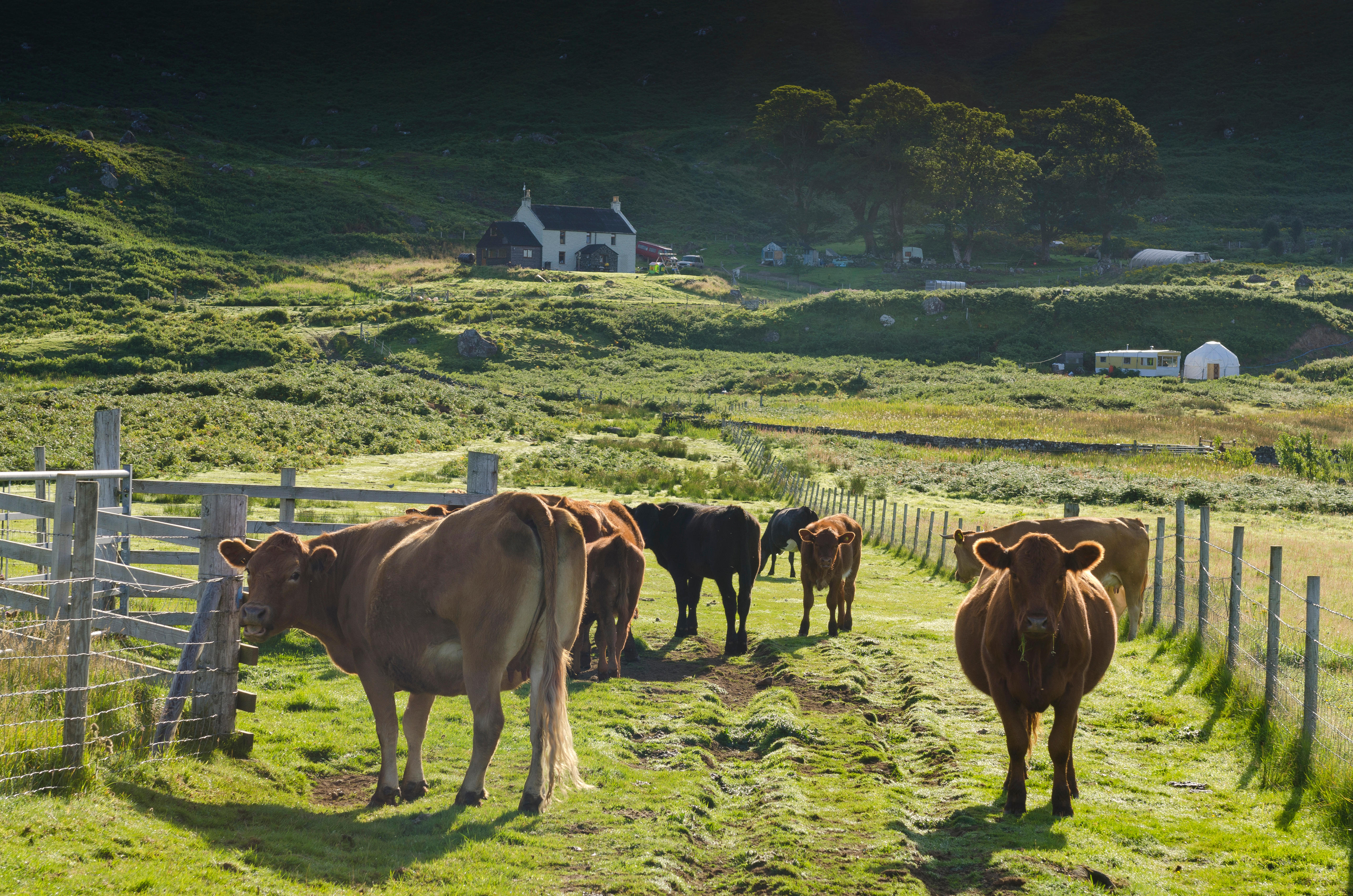

For the sake of posterity, I had better acknowledge in this issue that we have left the EU. The immediate question is what to do with the signs around the farm? These proclaim the generosity of the EU for funding various ‘schemes’ under the familiar blue-and-gold flag (thereby letting the neighbours know what a subsidy junkie I have been).
I consider taking them down and storing them safely so that I can fondly imagine my great-grandchildren taking them on the Antiques Roadshow: ‘Back in the early 21st century, before laboratory food, there were people called farmers, who were paid public money for public food by an empire called the European Union and then along came Brexit and the British Government changed the policy to public money for public goods.’ However, my instinctive fear of officialdom prevents me, in case some apparatchik of the Green State comes and asks for all the money back.

Stepping out of the Farmers’ Club onto the pavements of Whitehall, I realise that Homo rusticus has evolved differently in his outer skin from H. urbanus. The soles of my shoes are letting in water, something that never happens at home, as H. rusticus wears shoes indoors and wellies outdoors.
When Country Life asked me to write a farming column, it possibly envisaged a series of despatches from the tractor cab, but modern farming takes many forms. January used to be a slack month, a time to enjoy the finer things in life without feeling guilty – the ones that haven’t been banned, anyway. It now seems to be an annual battle to justify our existence to an increasingly metropolitan public.
'Jeremy Vine is scrupulously professional. We leave genuinely not knowing where he stands'
My grandfather would be astonished to learn that this is how I spend ‘Veganuary’. In his day, farmers were secure in the knowledge that when the leading politician of the day, Sir Winston Churchill, said ‘There is no finer investment for any community than putting milk into babies’, the nation’s schoolchildren didn’t play truant to demand the end of the capitalist system and compulsory almond milk (produced by the, er, capitalist system). Now, there isn’t a single farmer in the country who doesn’t find himself debating ‘environmental issues’ on social media or in the snug of the Dog and Partridge (as he still calls it).
Today, it’s my turn to defend livestock farming, on Jeremy Vine’s show. I arrive early at Wogan House to eyeball the producers and make them promise that I will not be stitched up, as had happened to me on a radio interview earlier in the week, in a debate with a celebrity vegan, who was given not only the last word, but the first and most of the middle ones as well.
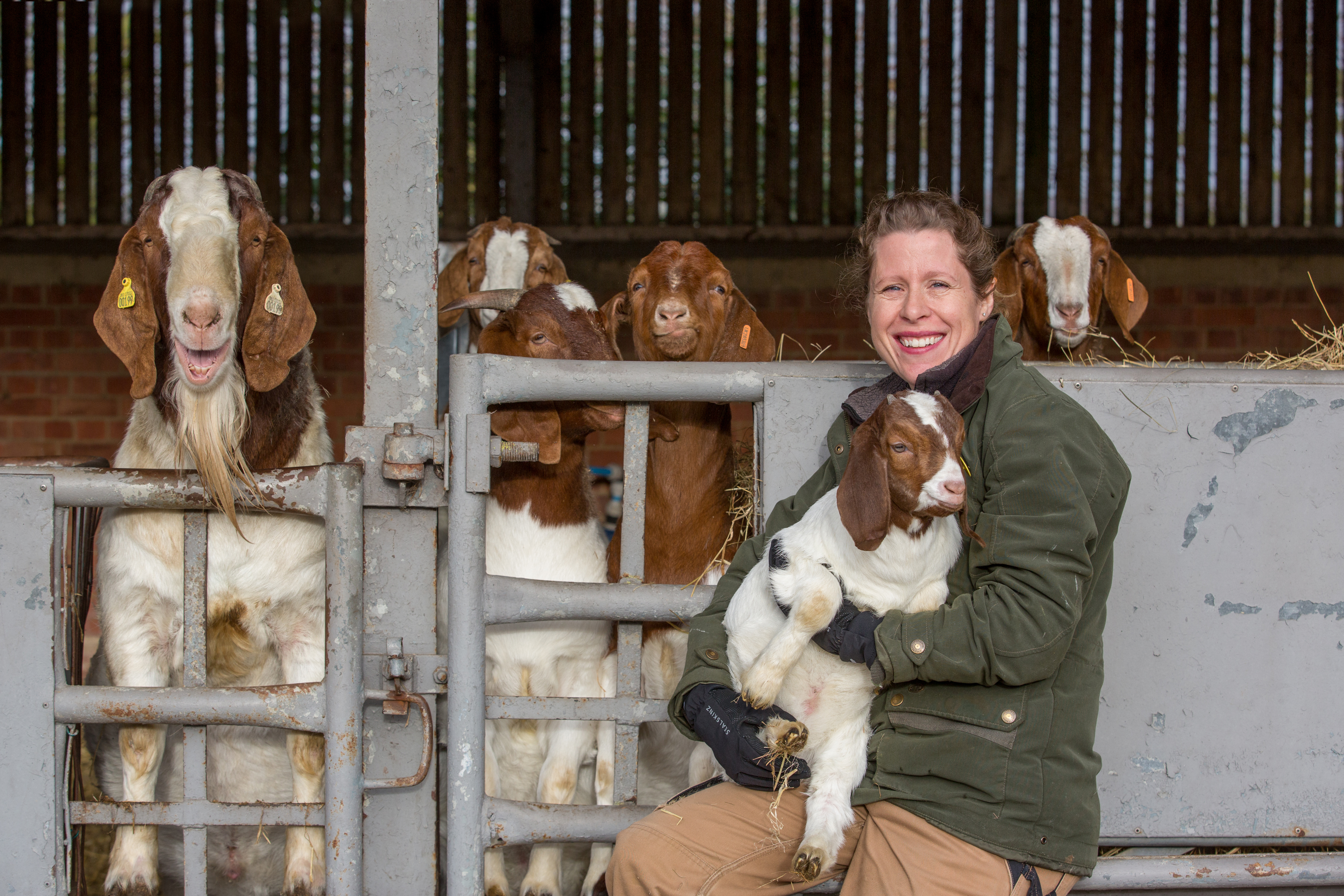
The charming girls on the switchboard smile sweetly and inscrutably when I attempt to persuade them not to put any such callers through. Schmoozing done, I attempt to do some work on my laptop in a corner of the green room, but the wifi in the nerve centre of the world’s premier broadcasting corporation doesn’t work. The producer tells me it’s never any good, which makes me feel better about our hopeless broadband at home.
Sign up for the Country Life Newsletter
Exquisite houses, the beauty of Nature, and how to get the most from your life, straight to your inbox.
My opponent is a charming girl young enough to be my daughter. She arrives late and flustered, and without a copy of her book she is promoting, so I feel sorry for her and, with possibly misplaced chivalry, mentally cancel some of my attack lines about the prevalence of flatulence among vegans.
'The knot murmurations have been dazzling this winter, as the knots change colour like the leaves of a cricket-bat willow'
Then we are on. I needn’t have worried, Mr Vine is a charming host and scrupulously professional. We both leave the studio genuinely not knowing where he stands on the issue, which is just as it should be.
Back home, the sheep have crawled under a gate and are munching all the wheat the geese haven’t had. I relax by walking on the shore with the dogs. The knot murmurations have been dazzling this winter, more so than the better-known starling displays, as the knots change colour like the leaves of a cricket-bat willow when they turn. They are the Solway’s winter ballet, performed to the accompaniment of curlews and oystercatchers piping across the estuary.
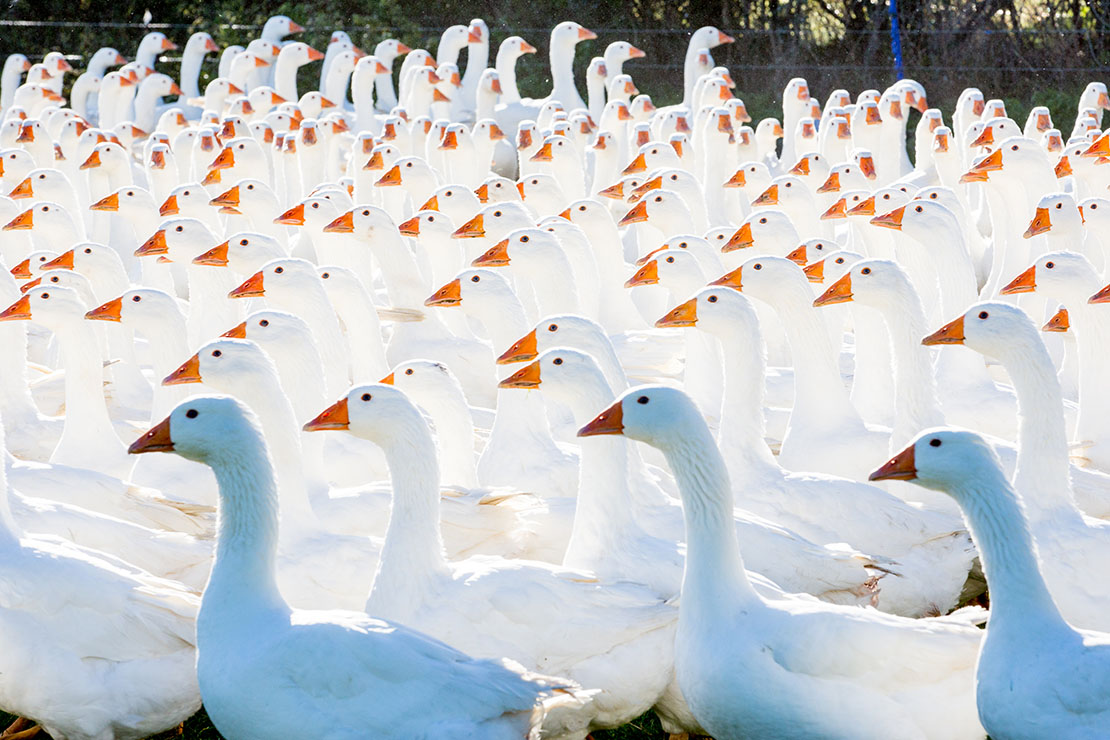
This year, they’ve mastered a new choreography, splitting into two identical clouds of swirling, silvering stars before coming back together again. Suddenly, their mood changes and they form an angry flying saucer that repeatedly smacks the surface of the sea, the beat of their wings making an aggressive insect noise before bouncing off like a skimming stone down the tide. Seconds later, a seal pops his head up, wondering what all the fuss is about.
Jamie Blackett farms in Dumfriesshire and is the author of ‘Red Rag to a Bull – Rural Life in an Urban Age’
Country Life is unlike any other magazine: the only glossy weekly on the newsstand and the only magazine that has been guest-edited by HRH The King not once, but twice. It is a celebration of modern rural life and all its diverse joys and pleasures — that was first published in Queen Victoria's Diamond Jubilee year. Our eclectic mixture of witty and informative content — from the most up-to-date property news and commentary and a coveted glimpse inside some of the UK's best houses and gardens, to gardening, the arts and interior design, written by experts in their field — still cannot be found in print or online, anywhere else.
-
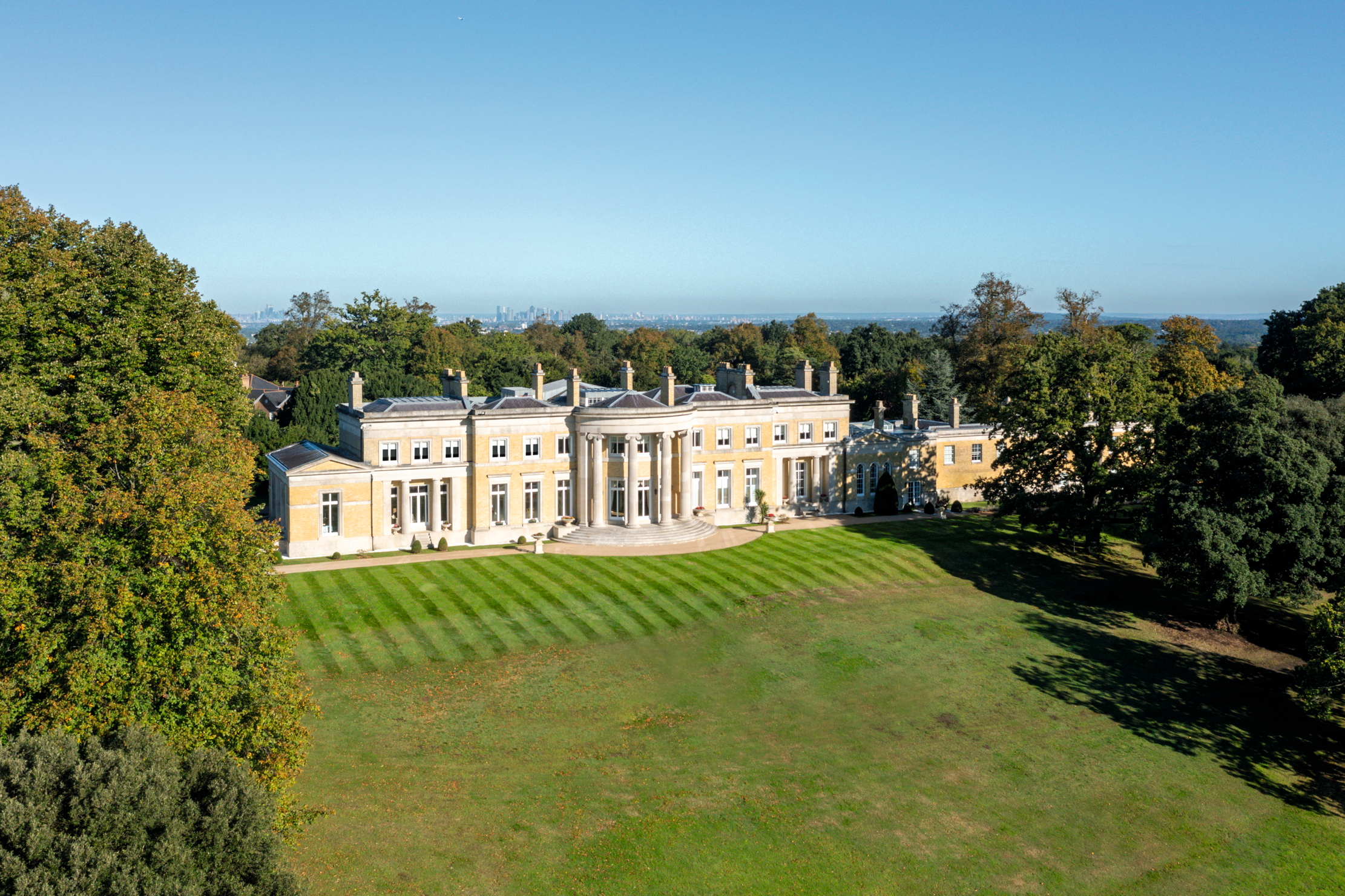 A Grecian masterpiece that might be one of the nation's finest homes comes up for sale in Kent
A Grecian masterpiece that might be one of the nation's finest homes comes up for sale in KentGrade I-listed Holwood House sits in 40 acres of private parkland just 15 miles from central London. It is spectacular.
By Penny Churchill
-
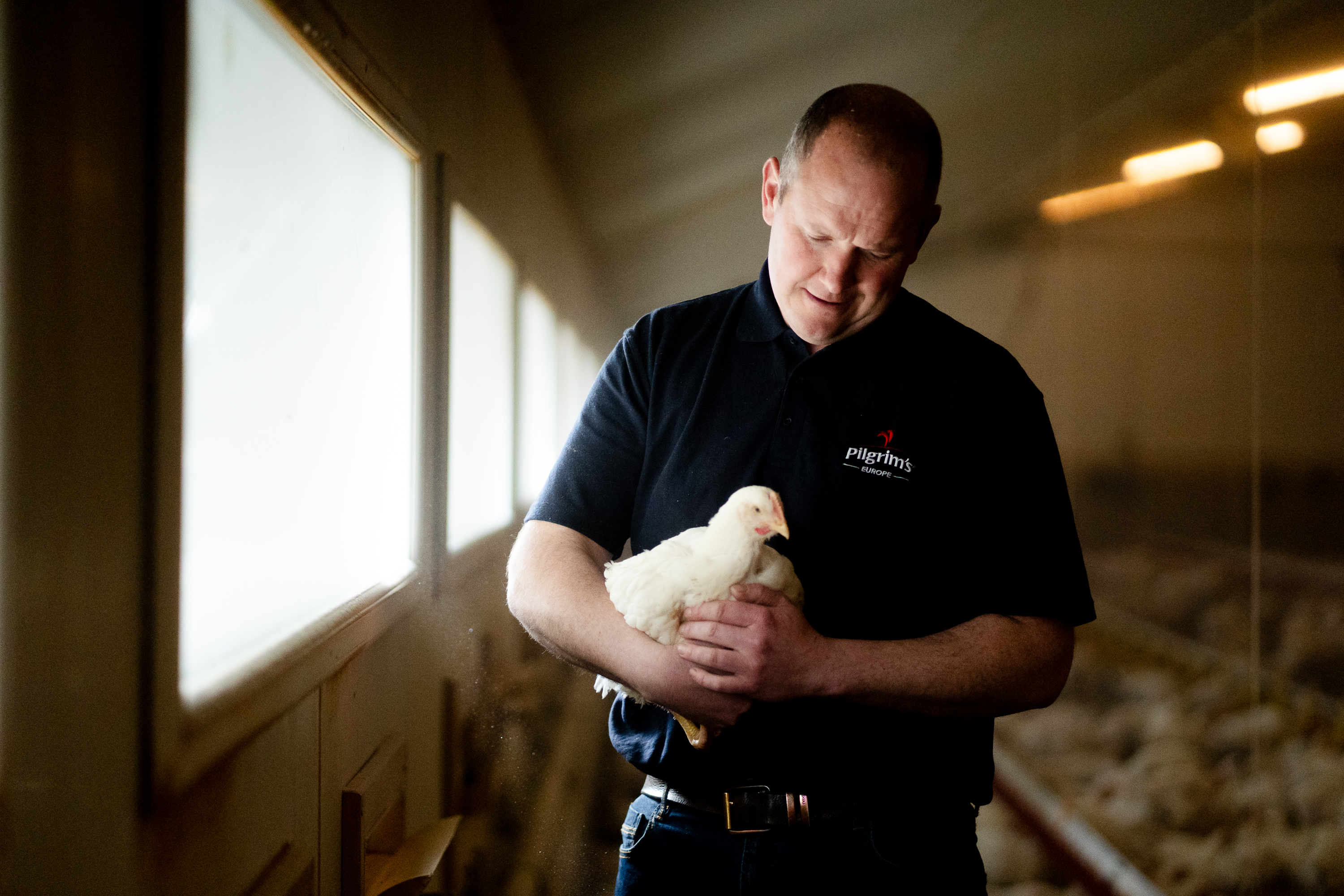 What the cluck? Waitrose announces ‘trailblazing’ pledge to help improve chicken welfare standards
What the cluck? Waitrose announces ‘trailblazing’ pledge to help improve chicken welfare standardsWaitrose has signed up to the Better Chicken Commitment, but does the scheme leave Britain open to inferior imports?
By Jane Wheatley